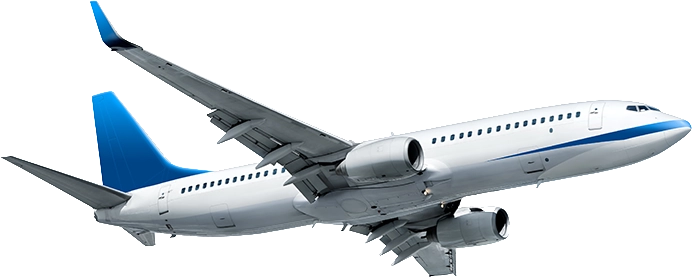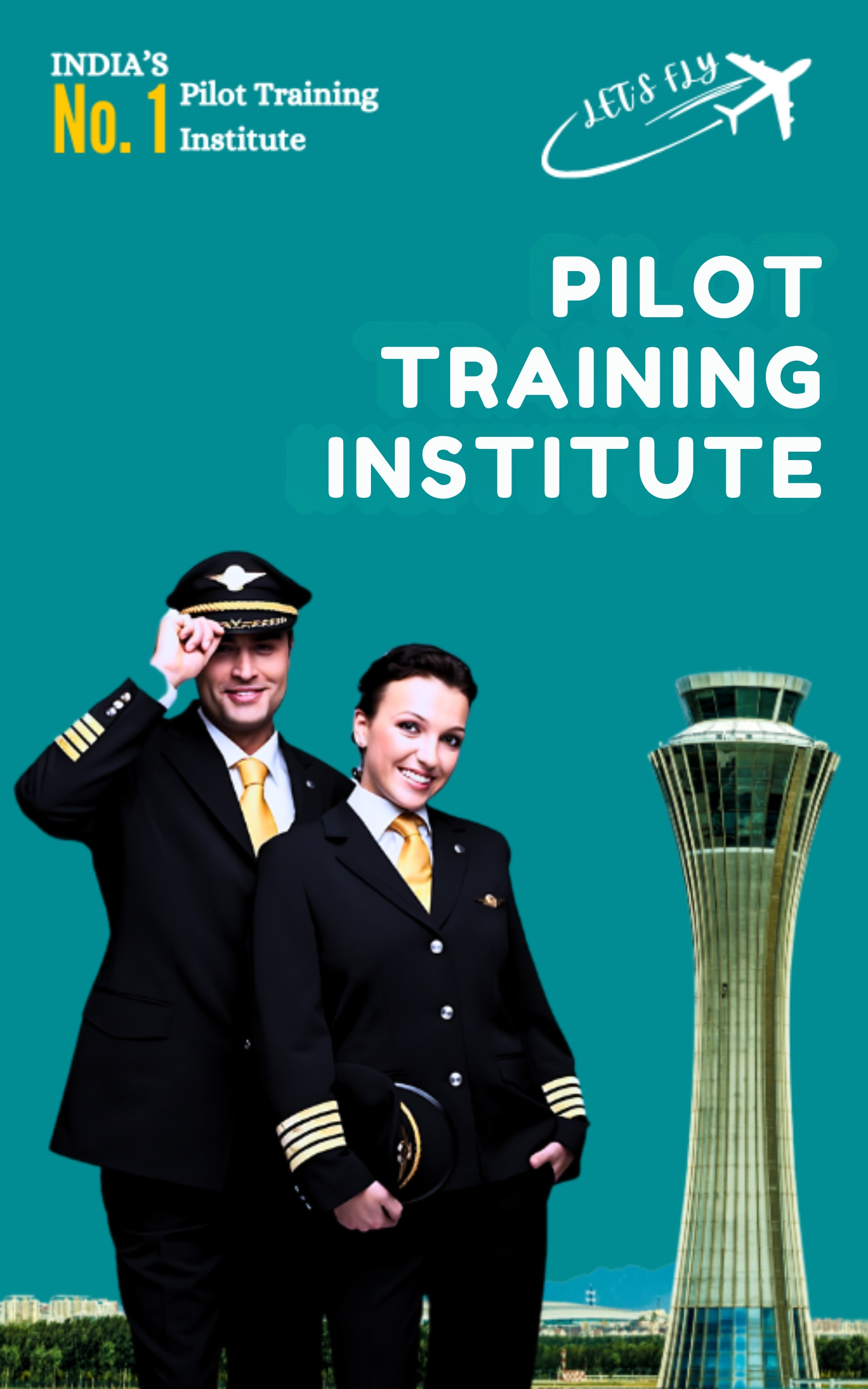What are flight attendant skills, and How To Improve Them?
The job of a flight attendant is an enjoyable and fulfilling career choice. This job requires various customer service, safety duties, and personal abilities. Since they are the front-line employees of an airline, an airline’s flight attendant needs to demonstrate multiple skills that guarantee passengers’ safety and comfort while making the journey as pleasurable as possible. But what key flight attendant skills are required to succeed, and how can you improve and develop your skills?
We’ll examine the essential flight attendant skills you require, why they’re Important, and the best ways to improve them. Suppose you’re looking to become an airline attendant or are already employed in the field. In that case, this guide will assist you in developing your skills and help you take the career you’ve been working towards to more significant levels!
The Essential Flight Attendant Skills: How to Improve Them
The flight attendants form the core and soul of every airline. They ensure passengers have an enjoyable and safe flight, handle emergencies, and present an airline’s image positively. Let’s look at the essential capabilities of a flight attendant that every expert in their field should be able to demonstrate.
1. Customer Service Skills
Flight attendants are professionals in customer service. They will be interacting with passengers from every walk of life, and every interaction requires patience, understanding, and a professional approach. A positive, friendly approach ensures passengers are comfortable, content, and cared for their journey.
How to Improve:
- Always greets visitors with a warm smile.
- Engage in active listening, which includes hearing and knowing your passengers’ needs.
- Be empathetic. When your customers are distressed or stressed, provide solutions that are patient and kind.
- Maintain calm during stressful situations to ease the way for possible conflict.
2. Communication Skills
As a flight attendant, you must communicate with crew members and passengers. Communicating clearly and efficiently is essential when demonstrating safety, responding to passengers’ requests, or working with the crew.
How to Improve:
- Learn to speak in public or sign up for an online class on communication.
- Be confident, but be careful not to overdo it when speaking to an audience.
- Improve your pitch, tone, and body language to make you easily accessible.
- Have conversations with others to improve your communication skills.
3. Safety Protocols and Emergency Response Skills
An essential quality required of any flight attendant is their ability to deal with emergencies. Flight attendants are taught to deal with emergencies like fire outbreaks, medical issues, or cabin depressurization. Recognizing the first-aid, CPR, and evacuation procedures is important.
How to improve:
- Always participate in safety drills and training sessions provided through your airlines.
- Practice emergency procedures and learn so that they become second nature.
- Learn about first aid and CPR basics by taking accredited classes.
- Be calm and composed under pressure. Your passengers will be looking at you for directions.
4. Problem-Solving Skills
As a flight attendant, you’ll have to deal with many issues that could occur unexpectedly. From delays on flights to uncomfortable passengers, the capability to react quickly and work out problems in a hurry is essential. Practical problem-solving skills enable you to deal with unexpected situations efficiently and calmly.
How to improve:
- Be proactive and anticipate issues that are common before they become a problem.
- Quickly check out the situation and make fast decisions based on the available resources.
- Keep a positive attitude; the answer is often more straightforward if you remain calm.
- Role-playing exercises can enhance your problem-solving skills.
5. Attention to Detail
Careful attention to detail ensures everything runs smoothly on the flight. Whether it’s checking that security equipment is in place, following the proper guidelines for food service, or registering any needs of passengers, being attentive to the most minor details makes an immense difference.
How to improve:
- Always check your work and the environment. It’s essential to be meticulous, especially when performing safety-related tasks.
- Checklists can be used for jobs like emergency equipment and food preparation.
- Request feedback from colleagues with more experience to determine areas of improvement.
6. Teamwork Skills
Flight attendants collaborate closely with the other crew members, which includes pilots, co-flight attendants, and ground personnel. Collaboration is essential to ensure smooth operation, especially in emergencies, where every second is Important. A well-organized team provides a secure, effective, efficient, and coordinated flight.
How to improve:
- Develop strong working relationships with your crewmates.
- Be open to suggestions and feedback from others, and offer assistance when needed.
- Participate in team-building activities outside of work to improve communication and build trust.
- Know the roles other team members play so that you know the ways and times to collaborate effectively.
7. Time Management and Multitasking
Time management is a essentialability that flight attendants must master. With many responsibilities, including serving meals and helping passengers, organizing your tasks and performing duties without becoming overwhelmed is essential. Managing multiple tasks will allow you to finish your assignments quickly.
How to improve:
- Reduce large projects into smaller, manageable tasks.
- Make the most of your downtime by planning for tasks to be completed.
- Keep track of the time and set mini-deadlines to keep on track.
- Please find out how to prioritize tasks according to the importance of their urgency and priority.
8. Cultural Awareness
As a flight attendant, you will serve passengers from across the globe. Respecting and understanding diverse cultures is vital to giving excellent service. Awareness of cultural differences can help you communicate with customers, understand their needs, and prevent confusion.
How to improve:
- Study the cultural norms and customs of the countries the airline covers.
- Learn to speak a language or basic phrases in various languages.
- Be open and curious when you meet passengers with different backgrounds.
- Be aware of cultural sensitivity, especially when speaking to or engaging with passengers.
9. Grooming and Professional Appearance
In addition to the abilities listed above, flight attendants are required to maintain a high standard of appearance and grooming. Your uniform must be clean and neat, and your appearance should reflect the professionalism expected by the passengers and the airline.
How to improve:
- Follow your airline’s grooming guidelines to meet the airline’s requirements.
- Ensure you properly care for your hygiene, including nails, hair, and skin.
- Choose a quality uniform that will make you feel confident and professional.
- Be aware of your body and posture language since they impact your perception.
10. Physical Stamina and Fitness
The work that a flight agent performs could become physically challenging. You’ll be in motion for many hours, lifting large items and navigating swiftly around the cabin. Keeping your body in good shape and endurance is essential for completing your tasks efficiently and remaining alert throughout the flight.
What can you do to enhance:
- Regular exercise is recommended to build stamina, strength, and flexibility.
- Drink plenty of water, healthy food, and a balanced diet to maintain energy levels during shifts that last a long time.
- Make sure to take regular breaks whenever you can to prevent fatigue.
- Try relaxation techniques such as yoga or stretching to increase flexibility and ease stress.
You can employ many other methods to improve and develop your abilities
1. Training and Continuous Learning
Most airlines offer comprehensive training for new flight attendants, covering everything from safety procedures to customer service techniques. But this is only the beginning. You’ll have to continue improving your skills throughout your professional career to succeed in your job.
Find additional opportunities for training that focus on the specific abilities you’d like to develop, for example, language classes, workshops for conflict resolution, or certification in first aid. These will not only increase your abilities but will increase your chances of being competitive in jobs.
2. Seek Feedback and Mentorship
Receiving feedback from supervisors and colleagues is among the most beneficial ways to develop your skills. Criticism constructively will help you pinpoint areas to improve, while positive feedback can encourage you to strive for excellence.
If you can, seek out an airline mentor with more experience and can provide advice on how to deal with particular situations, enhance your customer service skills, or increase your communication ability.
3. Practice in Real-Life Situations
It is common for improvement to come from the experience. Try every opportunity to test your abilities in real-life situations. Whether dealing with a challenging passenger or responding to a flight-related emergency, such situations can aid in building confidence and increase your skills.



